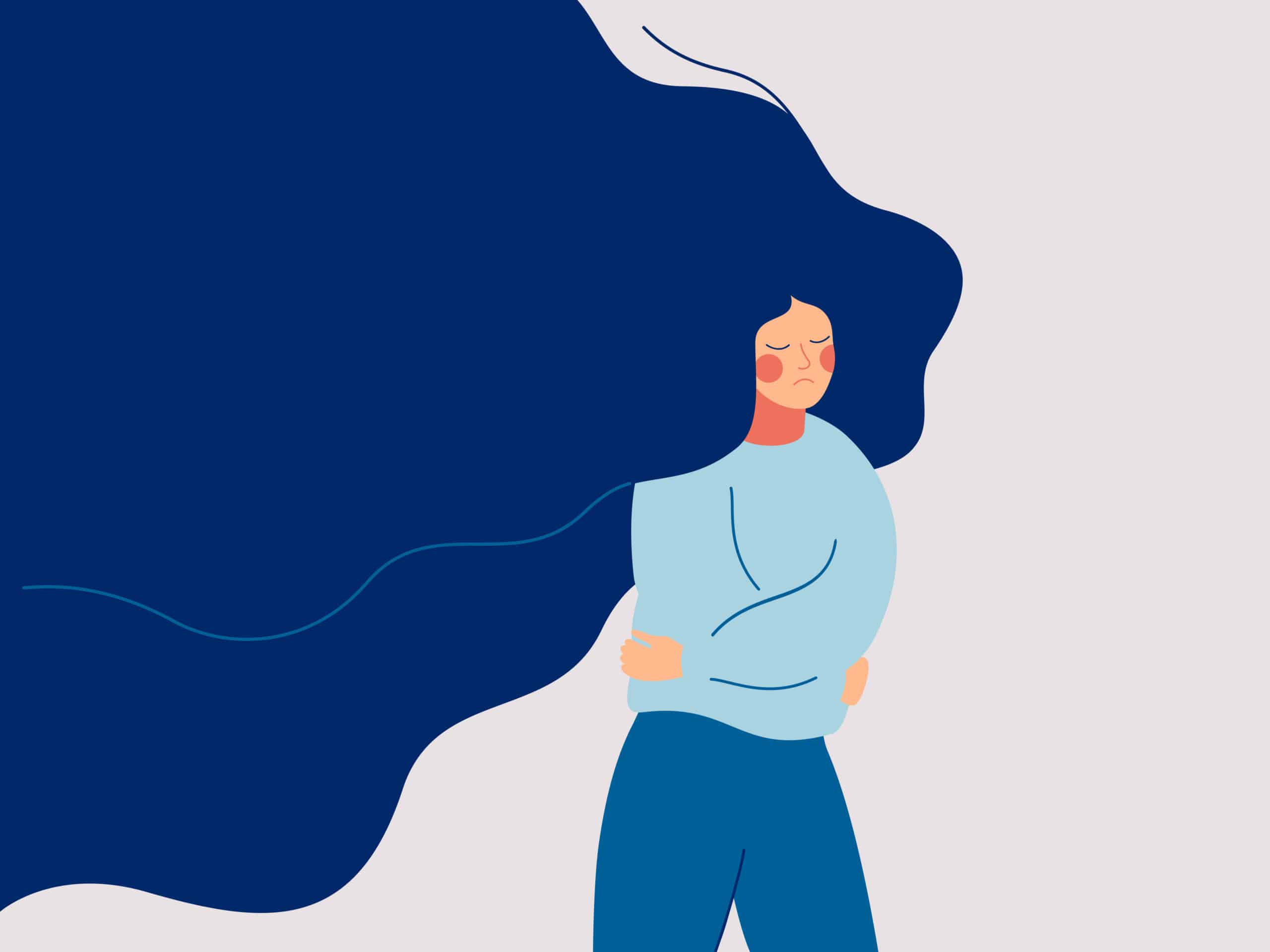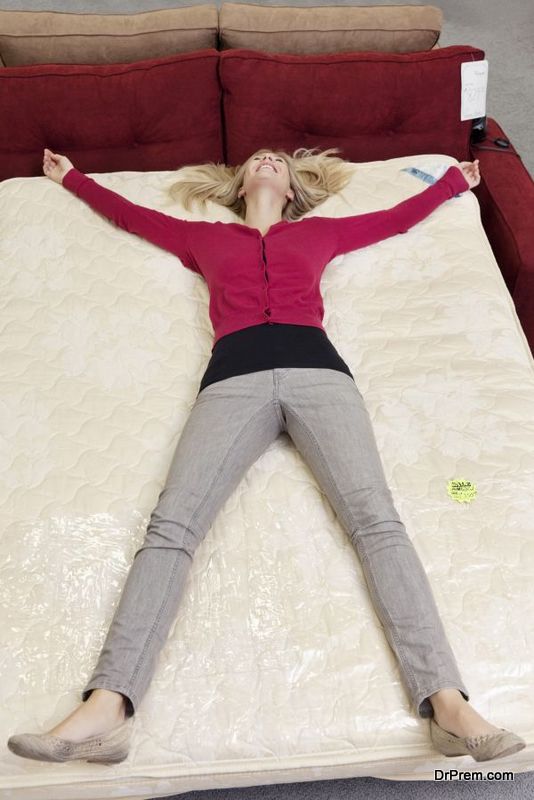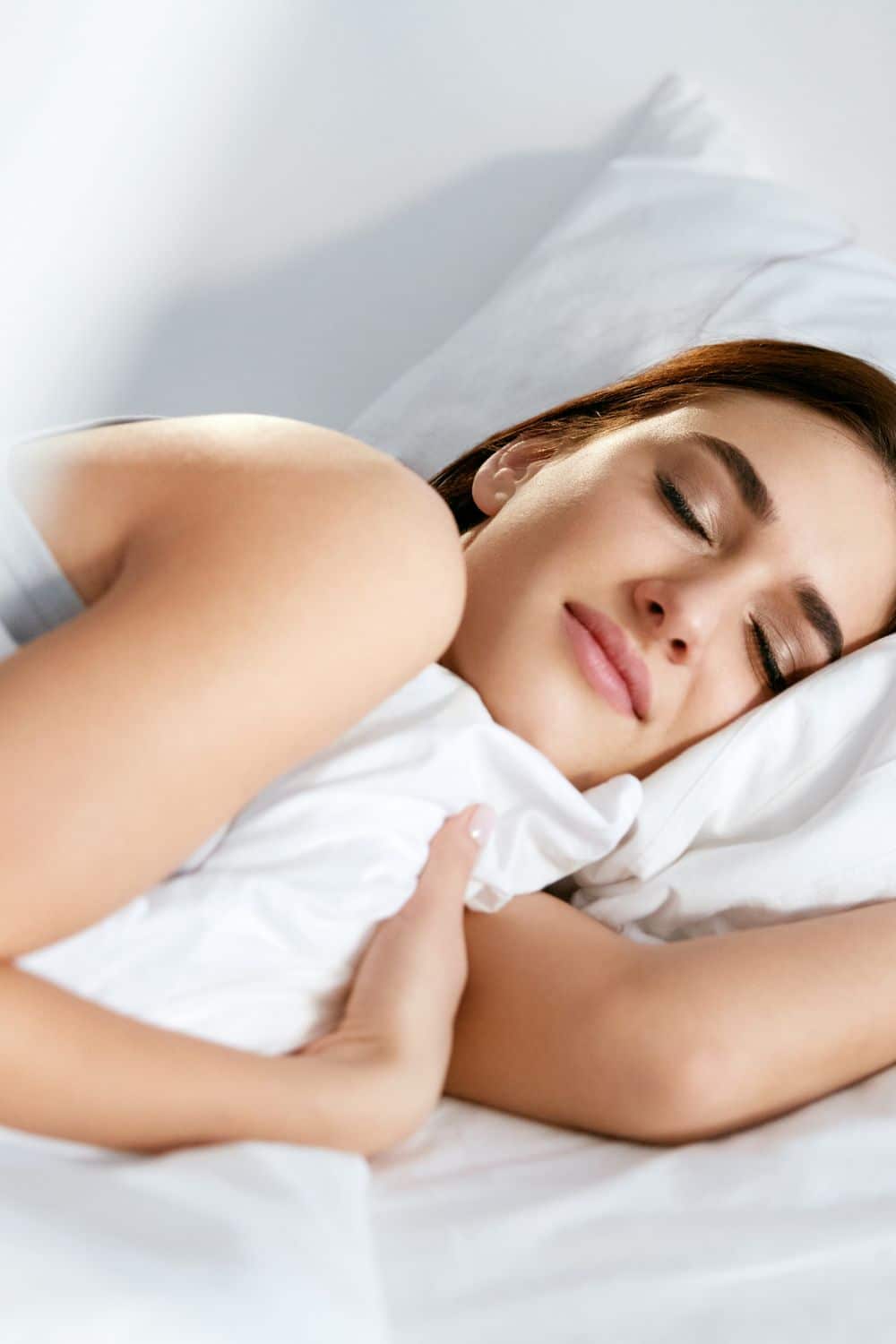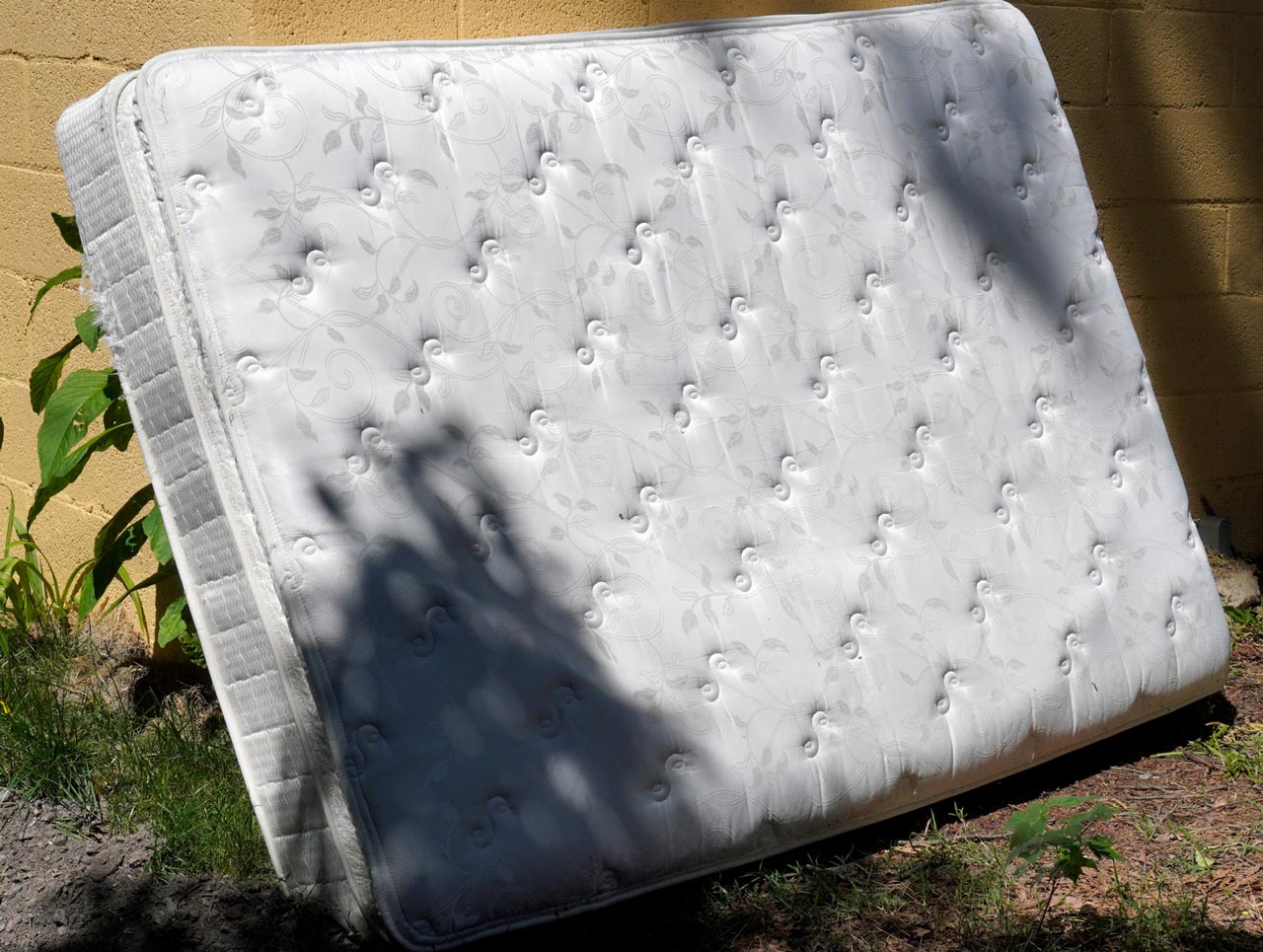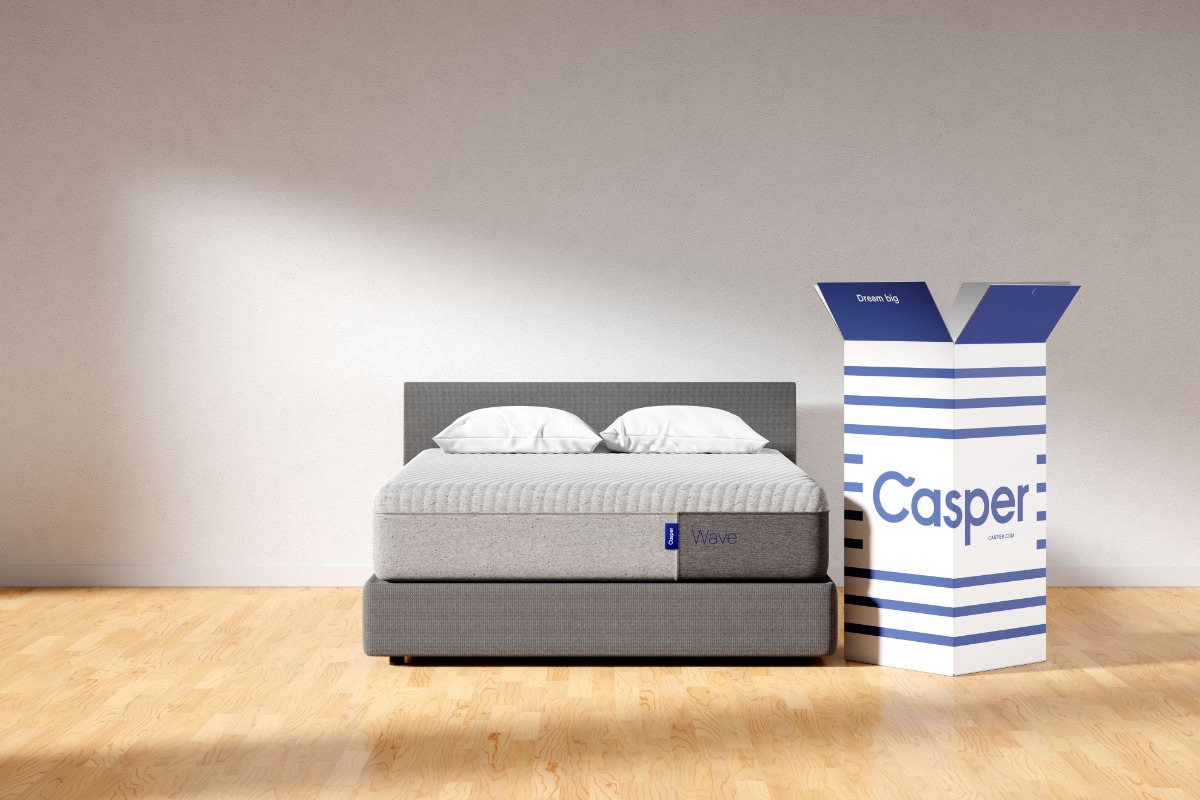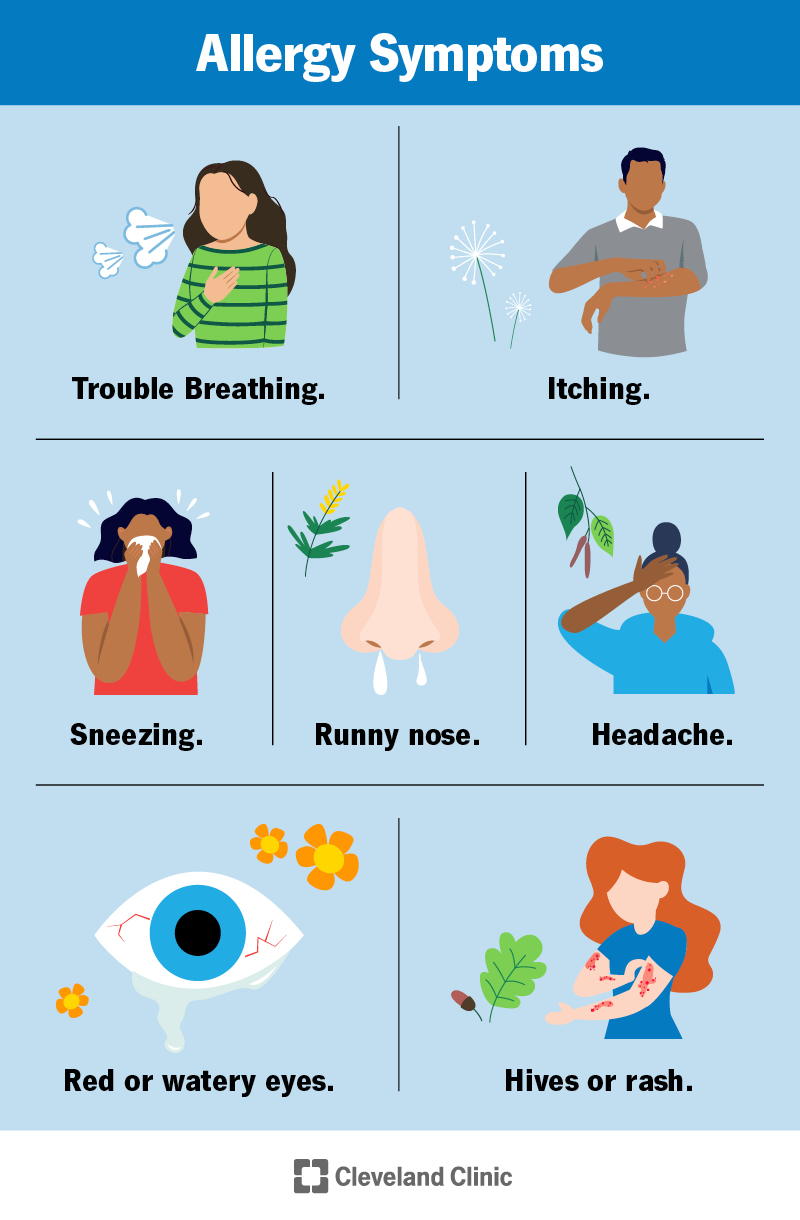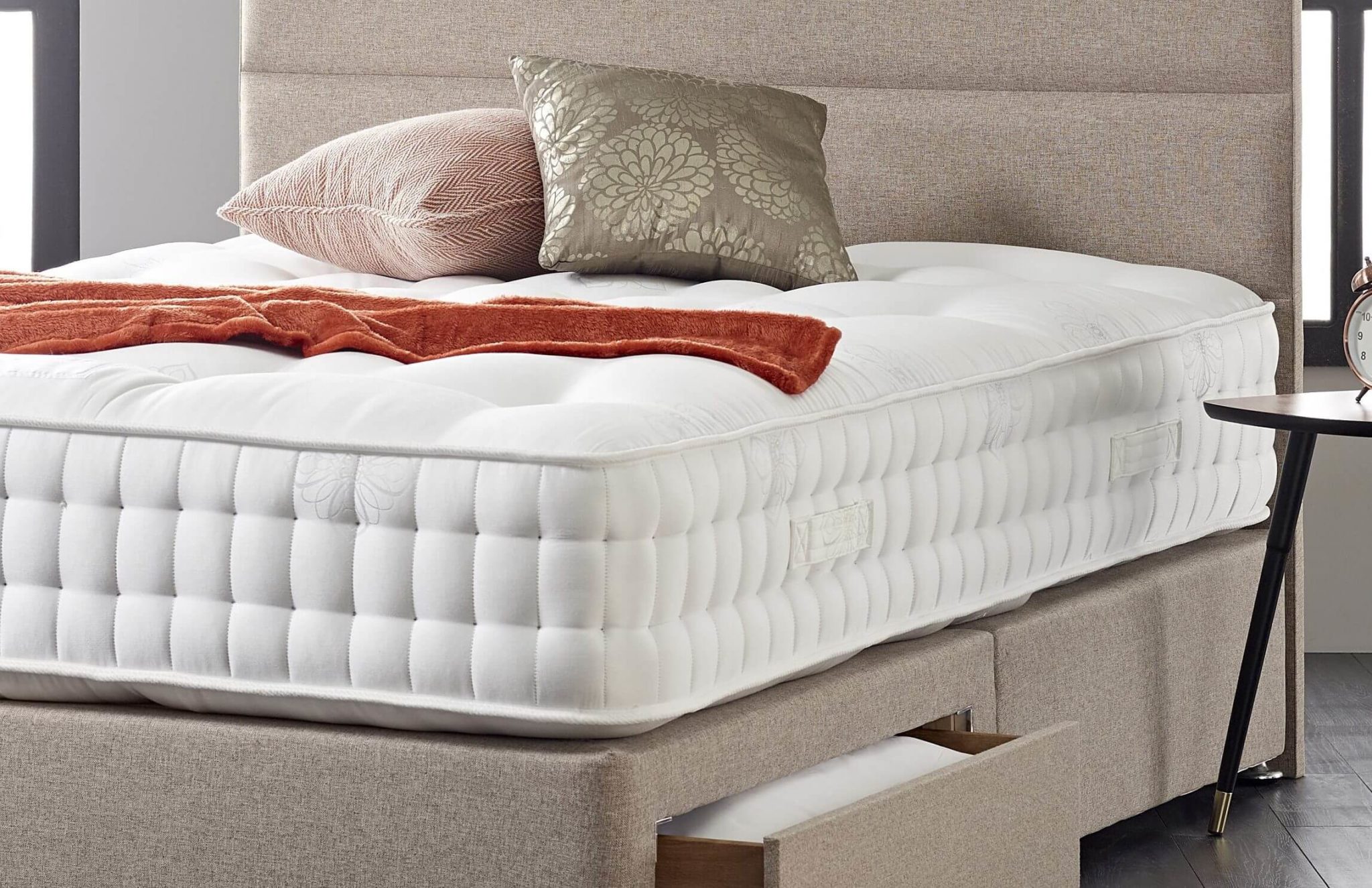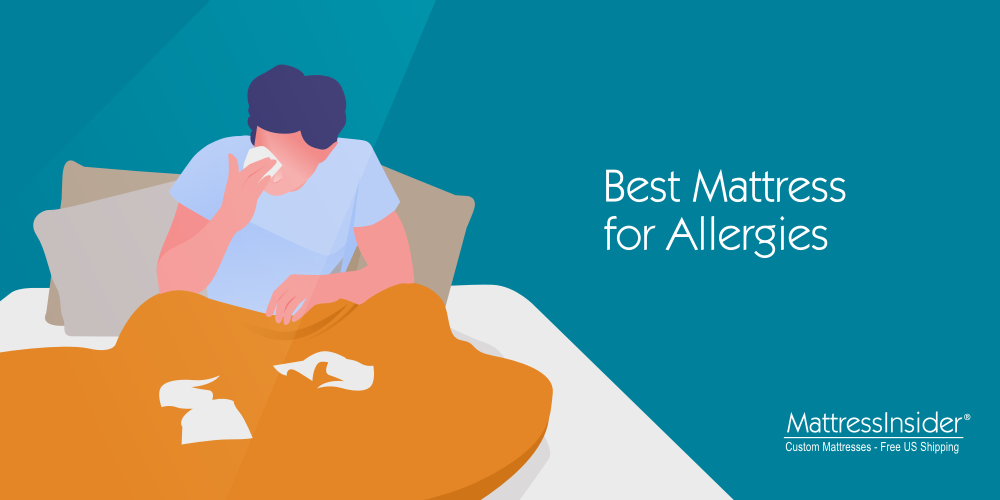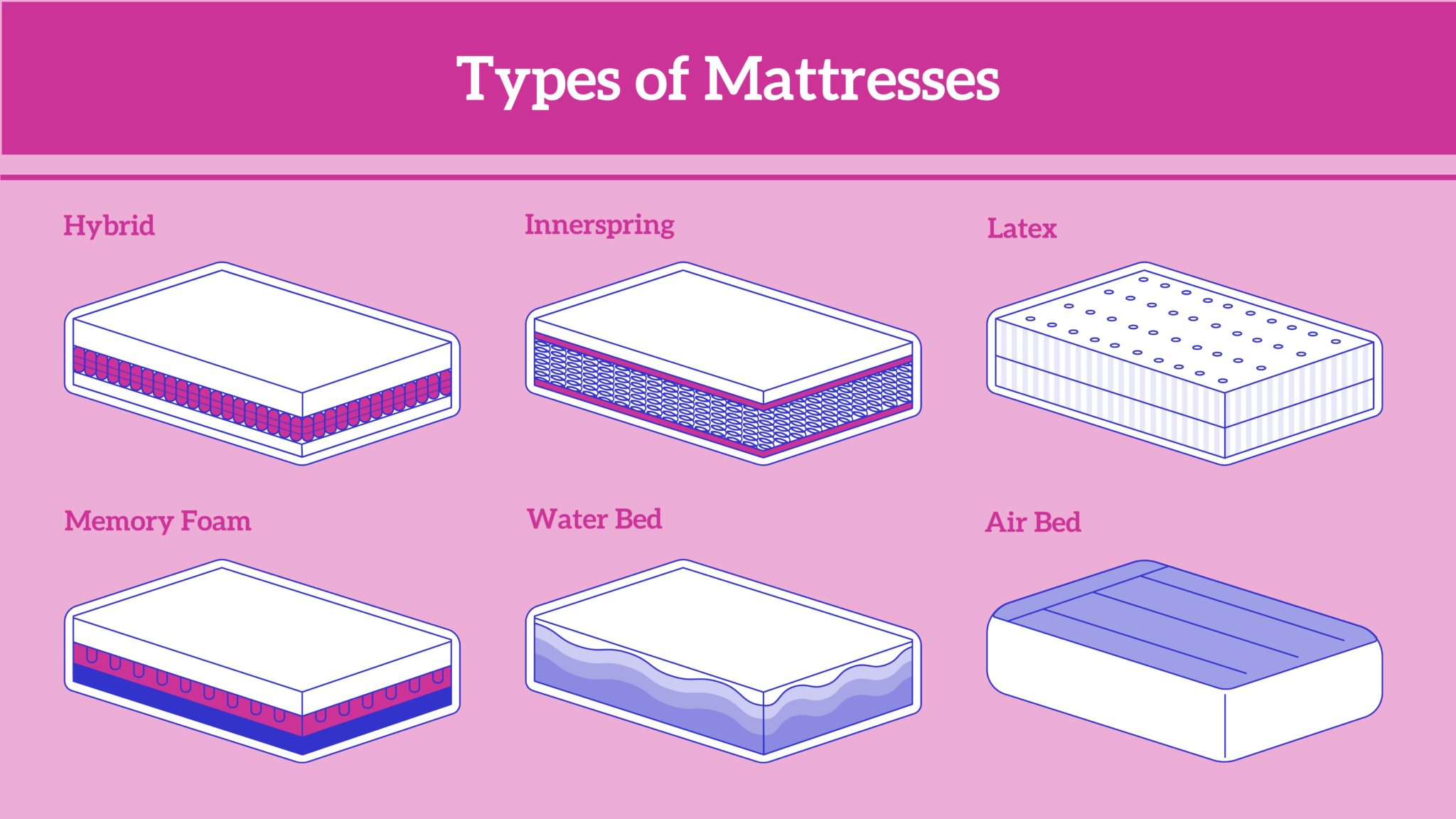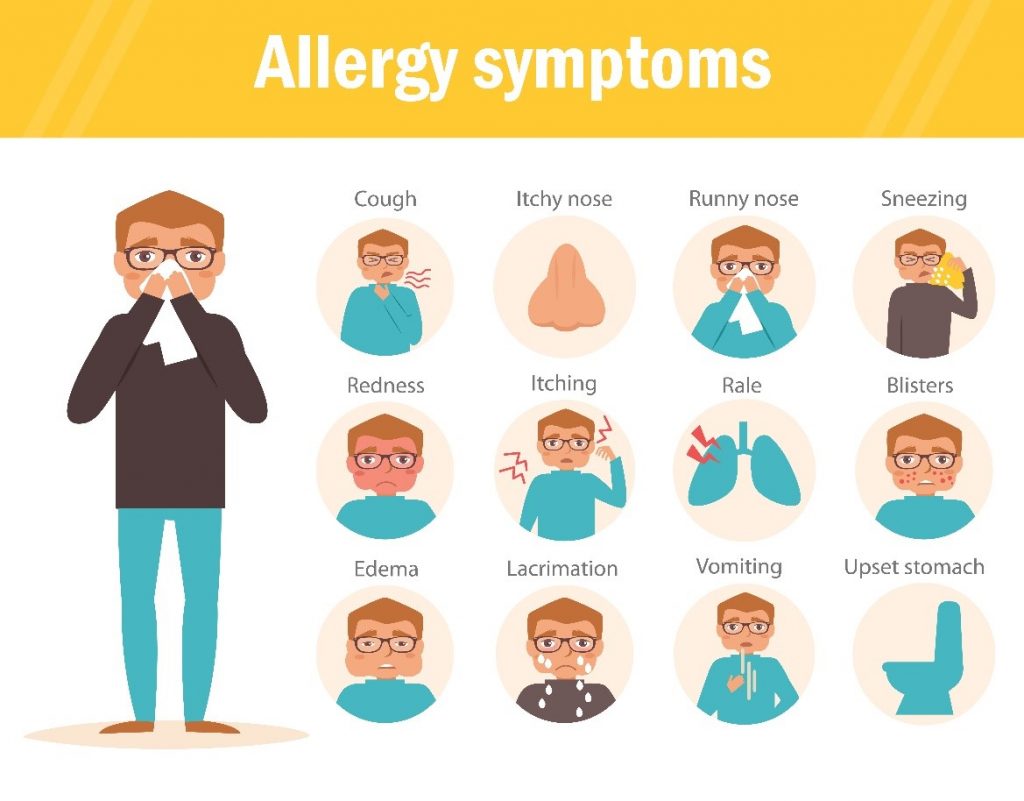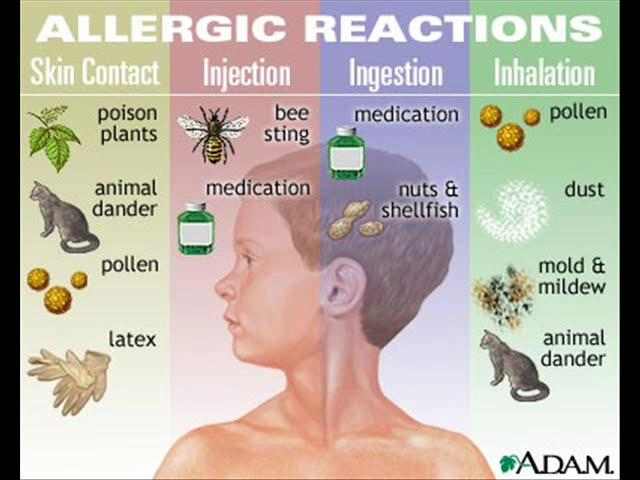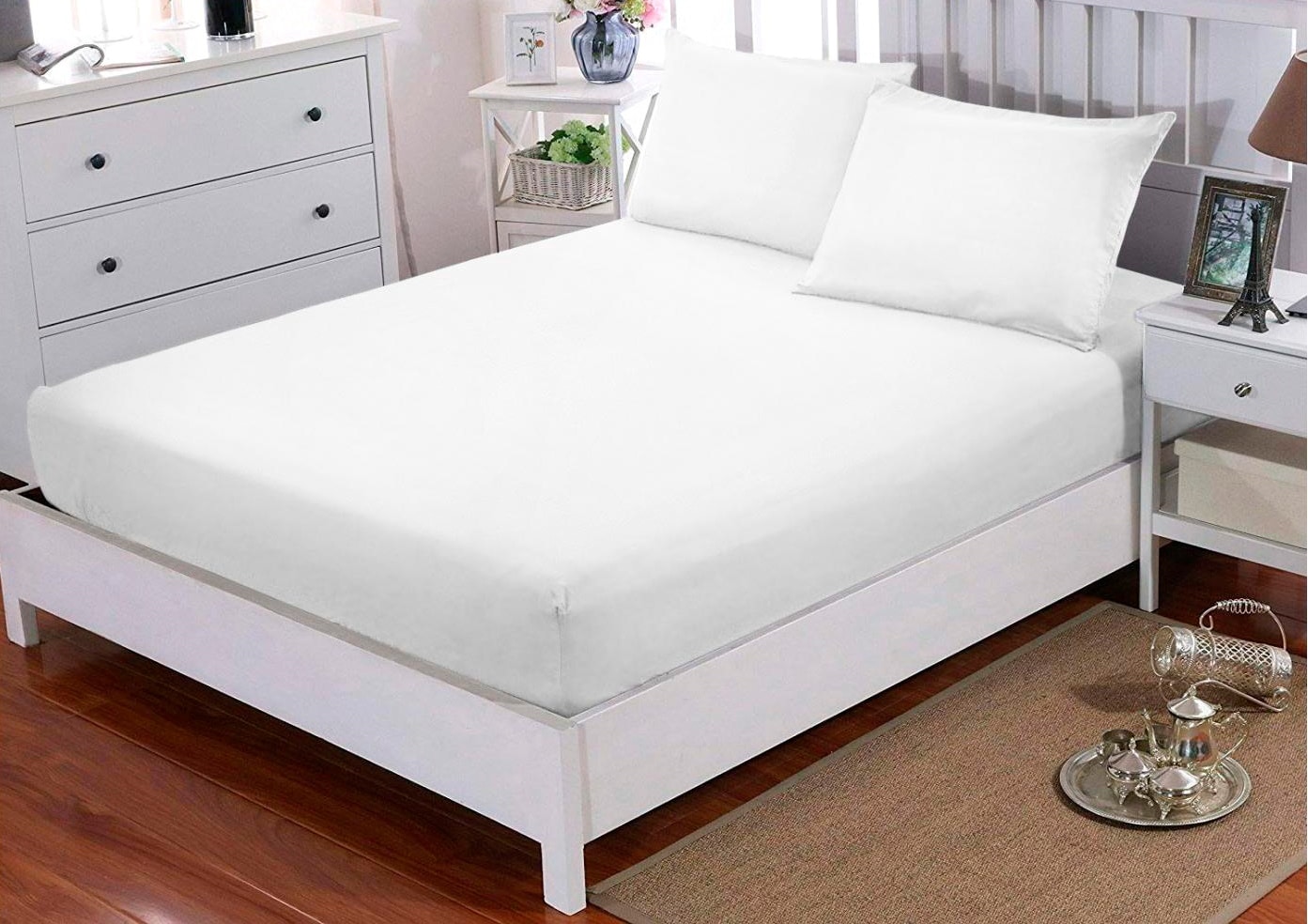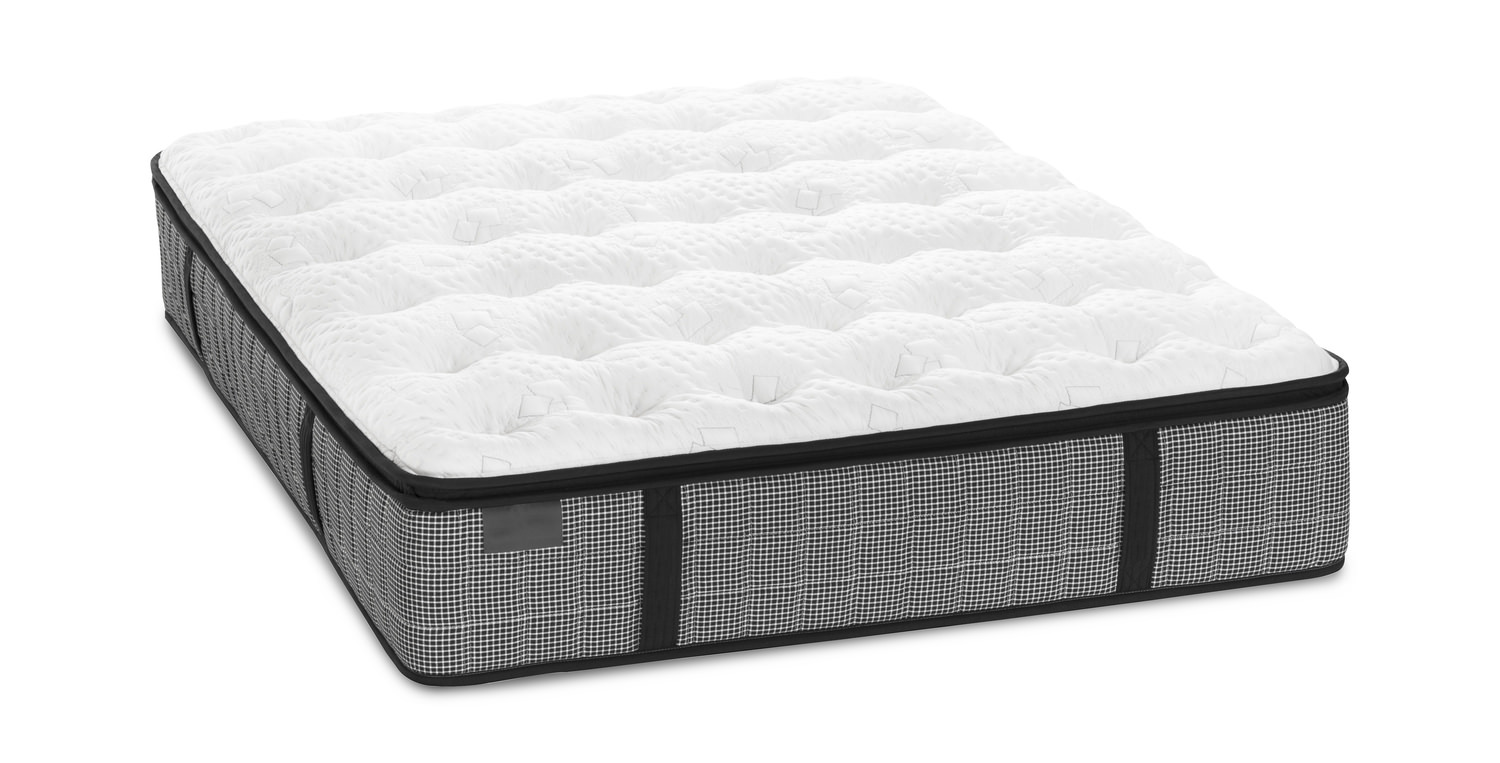Can your mattress make you sick?
Many people are not aware of the potential health hazards that can be lurking in their mattresses. We spend approximately one-third of our lives sleeping, so it's important to make sure that our sleeping environment is clean and safe. But can your mattress actually make you sick? The answer may surprise you.
How can your mattress make you sick?
There are a few ways that your mattress can contribute to making you sick. The first and most obvious is if your mattress is infested with dust mites. These microscopic creatures feed on dead skin cells and can trigger allergies and asthma symptoms. In addition, your mattress can also harbor bacteria, mold, and even bed bugs, all of which can have negative effects on your health.
What are the signs that your mattress is making you sick?
If you're experiencing frequent allergy symptoms, such as sneezing, runny nose, and itchy eyes, it could be a sign that your mattress is making you sick. Other signs to look out for include waking up with a stuffy nose, coughing, or skin irritation. If you notice these symptoms are worse when you're in bed and improve when you're away, it's likely that your mattress is the culprit.
How can you prevent your mattress from making you sick?
The best way to prevent your mattress from making you sick is to keep it clean and well-maintained. Vacuuming your mattress regularly can help to remove any dust mites and their droppings. Using a mattress protector is also recommended, as it can act as a barrier between you and any potential allergens or bacteria. Additionally, make sure to wash your bedding regularly in hot water to kill off any dust mites or bacteria.
What are the common health problems caused by a dirty mattress?
Sleeping on a dirty mattress can lead to a number of health problems. Allergies and asthma are the most common, as dust mites and other allergens can cause respiratory issues. In addition, mold and bacteria can also trigger respiratory problems and can even lead to infections. Finally, bed bugs can cause uncomfortable bites and can also lead to anxiety and stress.
What are the best ways to clean and maintain your mattress?
Regular cleaning and maintenance is key to keeping your mattress clean and safe. Vacuuming your mattress every few months can help to remove dust and debris. For stains, a mixture of baking soda and water can be used to spot clean. Steam cleaning is also an effective way to deep clean your mattress and kill off any bacteria or bed bugs.
Can sleeping on an old mattress make you sick?
Yes, sleeping on an old mattress can definitely make you sick. Over time, mattresses can accumulate dirt, dust, and bacteria, and as they age, they become less effective at providing support and comfort. Old mattresses can also develop sagging areas, which can lead to back pain and discomfort. It's recommended to replace your mattress every 7-10 years to ensure a clean and healthy sleeping surface.
What are the benefits of using a mattress protector?
A mattress protector can provide numerous benefits when it comes to preventing sickness. It acts as a barrier between you and your mattress, protecting against dust mites, bacteria, and allergens. It can also help to extend the life of your mattress by preventing stains and wear and tear. Some mattress protectors also have waterproof properties, which can be useful for young children or those who suffer from incontinence.
How often should you replace your mattress?
As mentioned earlier, it's recommended to replace your mattress every 7-10 years. However, this timeline can vary depending on the quality of your mattress and how well it has been maintained. If you notice sagging, lumps, or signs of wear and tear, it may be time to replace your mattress sooner. Additionally, if you start experiencing frequent allergies or discomfort when sleeping, it could also be a sign that it's time for a new mattress.
What are the best types of mattresses for people with allergies?
If you suffer from allergies, it's important to choose a mattress that is hypoallergenic and easy to clean. Memory foam mattresses are a great option, as they are naturally resistant to dust mites and mold. Latex mattresses are also a good choice, as they are antimicrobial and hypoallergenic. Avoid mattresses with inner springs, as they can trap allergens and be difficult to clean thoroughly.
How Your Mattress Can Impact Your Health
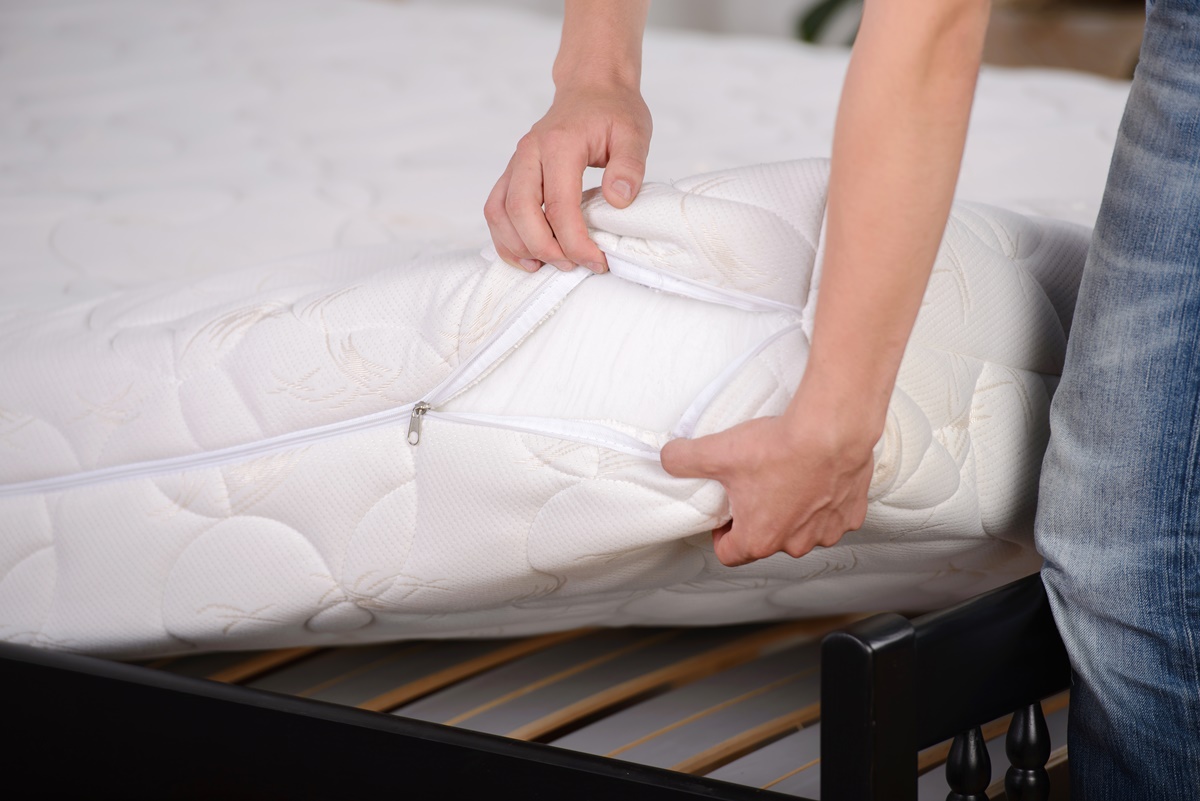 When it comes to our health, we often think about what we eat and how much exercise we get, but there's one important factor that often gets overlooked - our
mattress
. That's right, the very place where we spend a third of our lives sleeping can have a significant impact on our overall well-being. In fact,
an old or poor-quality mattress can make you sick
. Let's take a closer look at how your mattress can affect your health and what you can do about it.
When it comes to our health, we often think about what we eat and how much exercise we get, but there's one important factor that often gets overlooked - our
mattress
. That's right, the very place where we spend a third of our lives sleeping can have a significant impact on our overall well-being. In fact,
an old or poor-quality mattress can make you sick
. Let's take a closer look at how your mattress can affect your health and what you can do about it.
1. Allergies and Asthma
2. Back Pain
 If you wake up with back pain, your mattress could be the culprit. A
worn-out or unsupportive mattress
can cause your spine to be misaligned, leading to discomfort and pain. This is especially true for those who suffer from chronic back pain.
Investing in a high-quality mattress
with proper support and cushioning can make a significant difference in alleviating back pain and improving your sleep quality.
If you wake up with back pain, your mattress could be the culprit. A
worn-out or unsupportive mattress
can cause your spine to be misaligned, leading to discomfort and pain. This is especially true for those who suffer from chronic back pain.
Investing in a high-quality mattress
with proper support and cushioning can make a significant difference in alleviating back pain and improving your sleep quality.
3. Toxic Chemicals
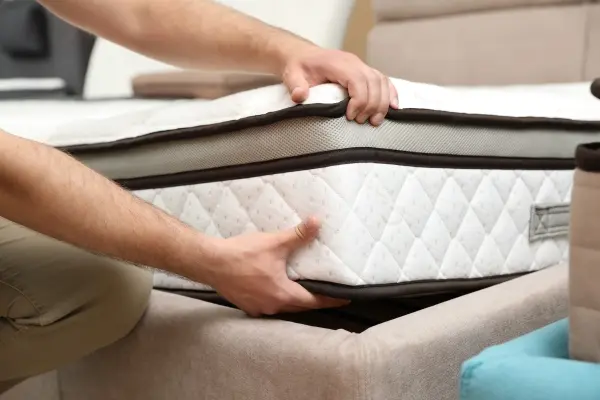 Many conventional mattresses are made with
chemicals and flame retardants
that can release harmful toxins into the air. These chemicals have been linked to various health issues, including respiratory problems, hormonal imbalances, and even cancer.
Opting for a natural or organic mattress
can help eliminate your exposure to these toxins and create a healthier sleeping environment.
Many conventional mattresses are made with
chemicals and flame retardants
that can release harmful toxins into the air. These chemicals have been linked to various health issues, including respiratory problems, hormonal imbalances, and even cancer.
Opting for a natural or organic mattress
can help eliminate your exposure to these toxins and create a healthier sleeping environment.
4. Poor Sleep Quality
 A good night's sleep is essential for our physical and mental well-being. However, an uncomfortable or unsupportive mattress can
disrupt our sleep
and leave us feeling tired and irritable the next day. This can lead to a whole host of problems, including decreased productivity, difficulty concentrating, and mood swings. By
choosing a mattress that suits your individual needs and preferences
, you can improve your sleep quality and reap the benefits of a good night's rest.
In conclusion,
your mattress can have a significant impact on your health
. From allergies and back pain to toxic chemicals and poor sleep quality, there are many ways that an old or poor-quality mattress can make you sick. By
investing in a high-quality, supportive, and non-toxic mattress
, you can ensure that you are getting the restful, rejuvenating sleep that your body needs and deserves. So,
don't underestimate the importance of a good mattress
- your health depends on it.
A good night's sleep is essential for our physical and mental well-being. However, an uncomfortable or unsupportive mattress can
disrupt our sleep
and leave us feeling tired and irritable the next day. This can lead to a whole host of problems, including decreased productivity, difficulty concentrating, and mood swings. By
choosing a mattress that suits your individual needs and preferences
, you can improve your sleep quality and reap the benefits of a good night's rest.
In conclusion,
your mattress can have a significant impact on your health
. From allergies and back pain to toxic chemicals and poor sleep quality, there are many ways that an old or poor-quality mattress can make you sick. By
investing in a high-quality, supportive, and non-toxic mattress
, you can ensure that you are getting the restful, rejuvenating sleep that your body needs and deserves. So,
don't underestimate the importance of a good mattress
- your health depends on it.


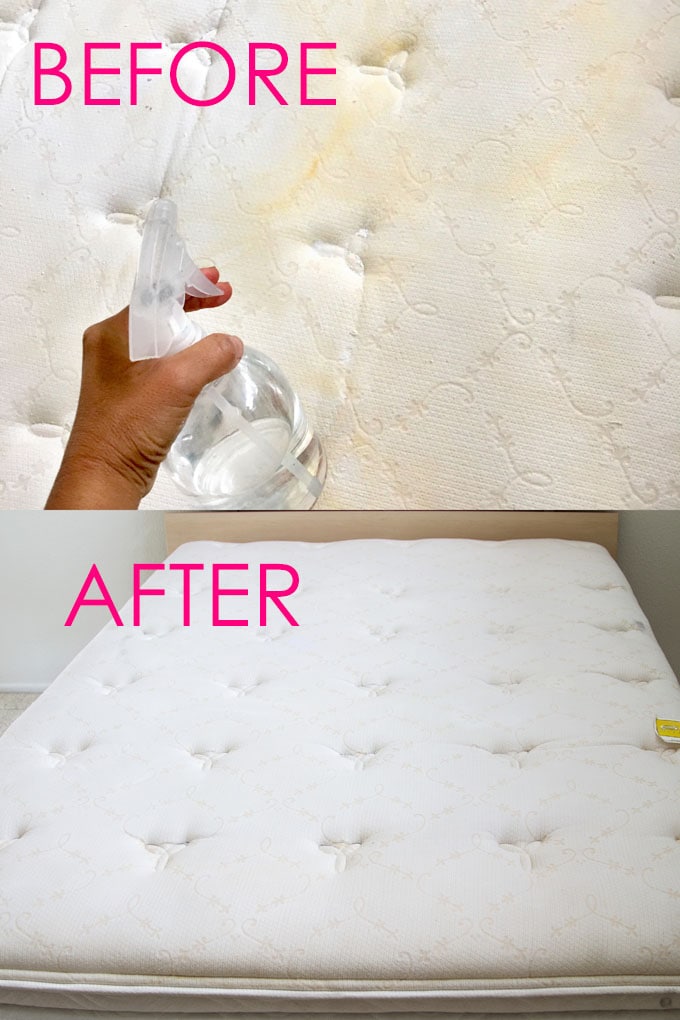

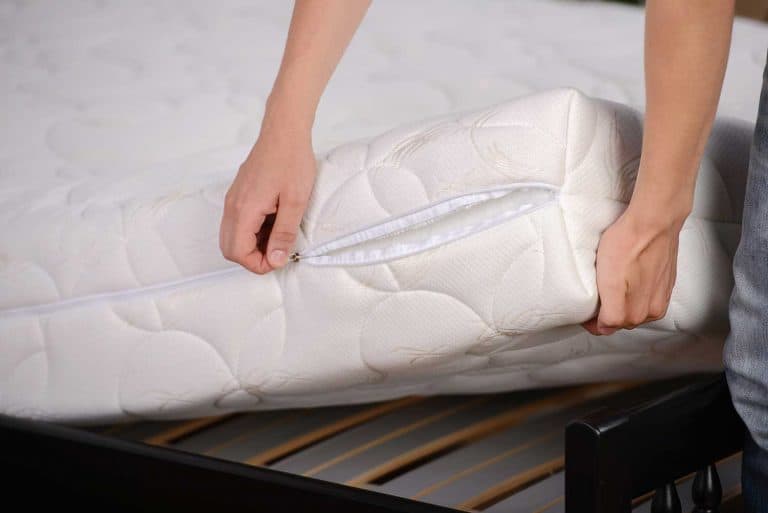
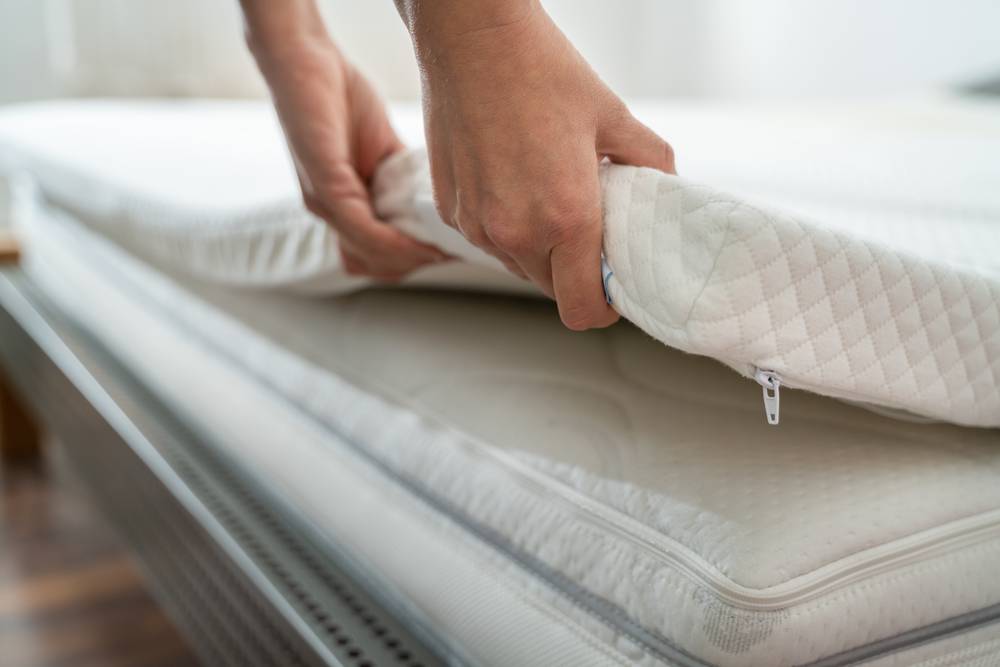


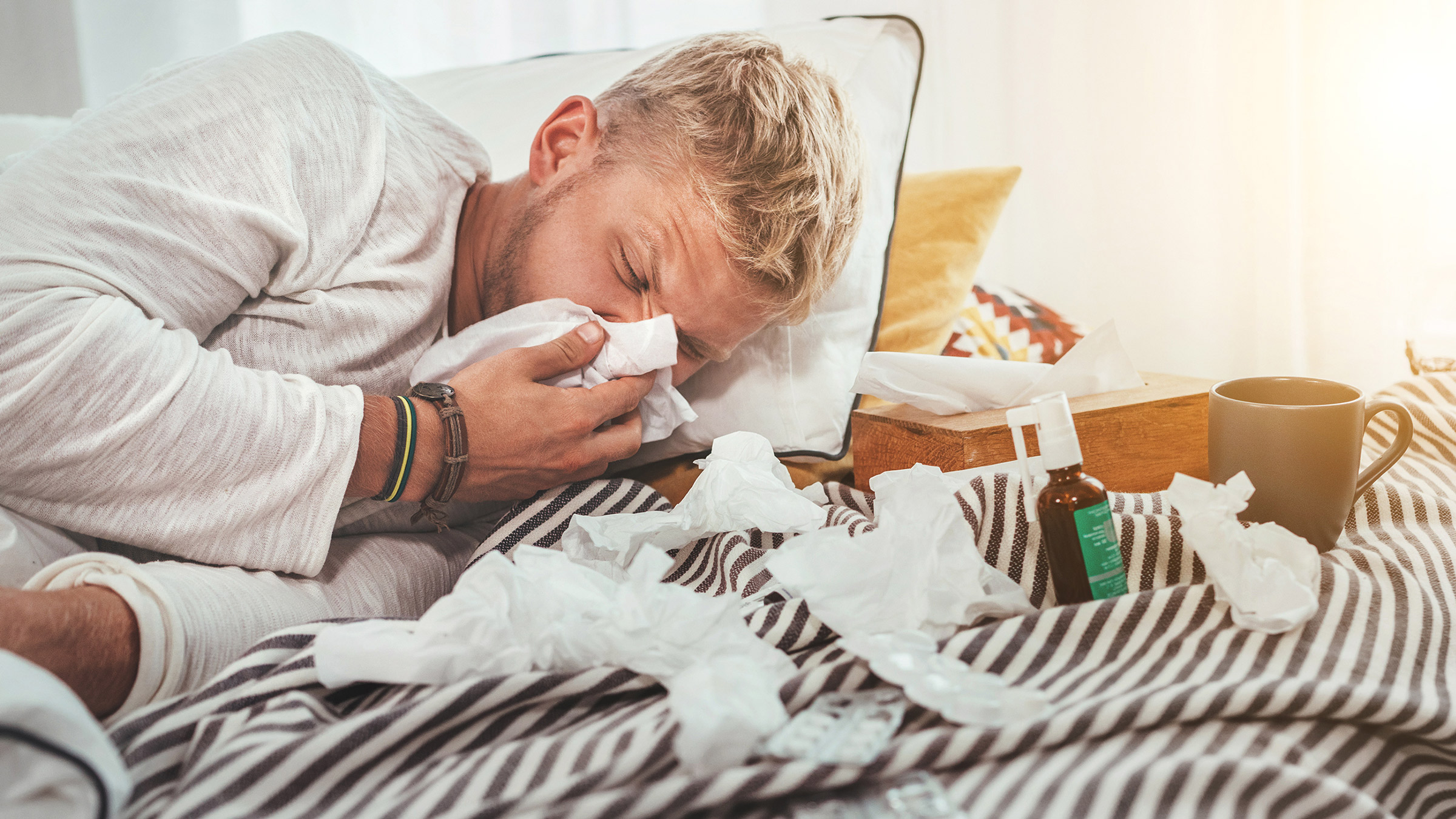




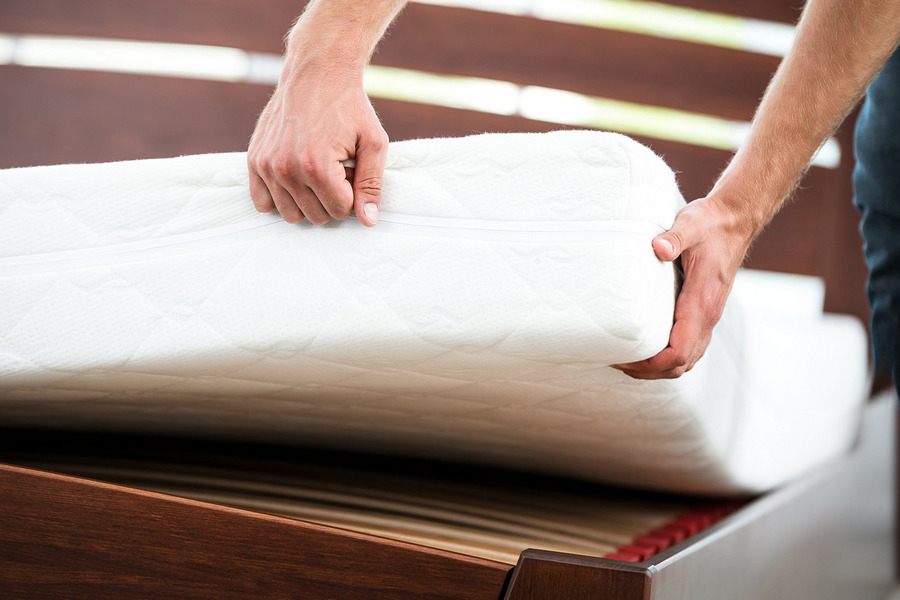

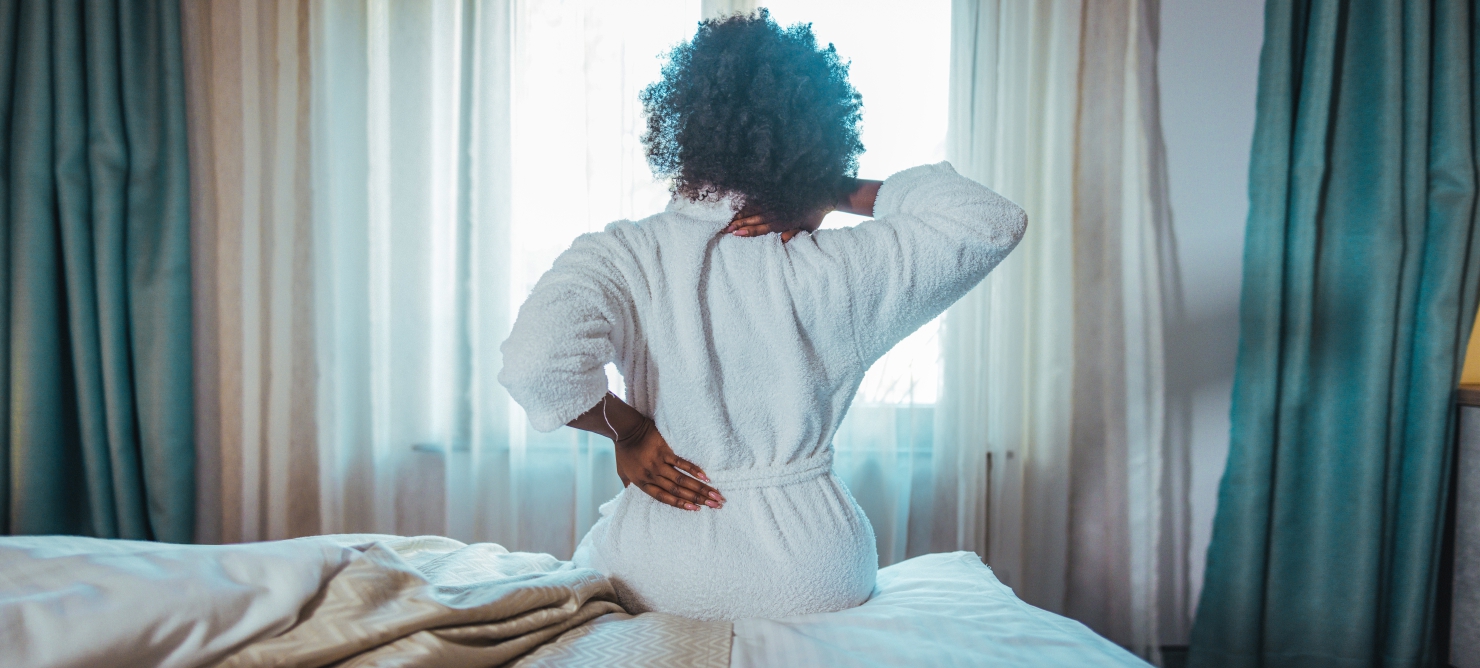


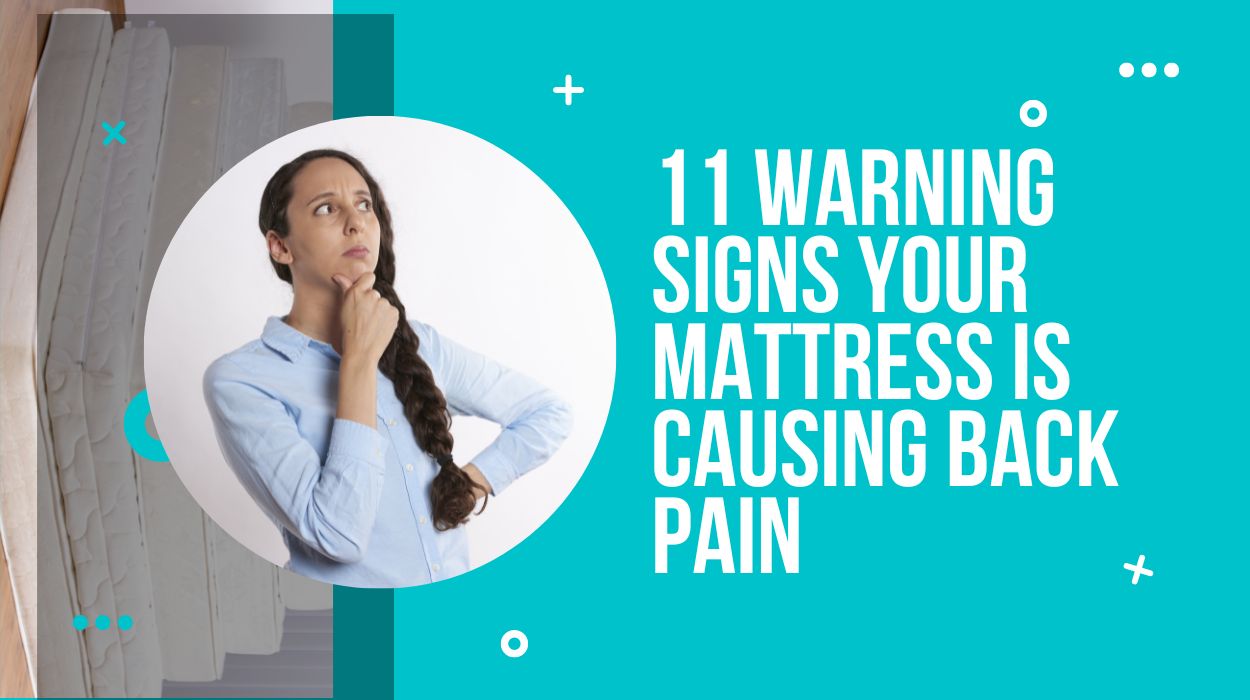
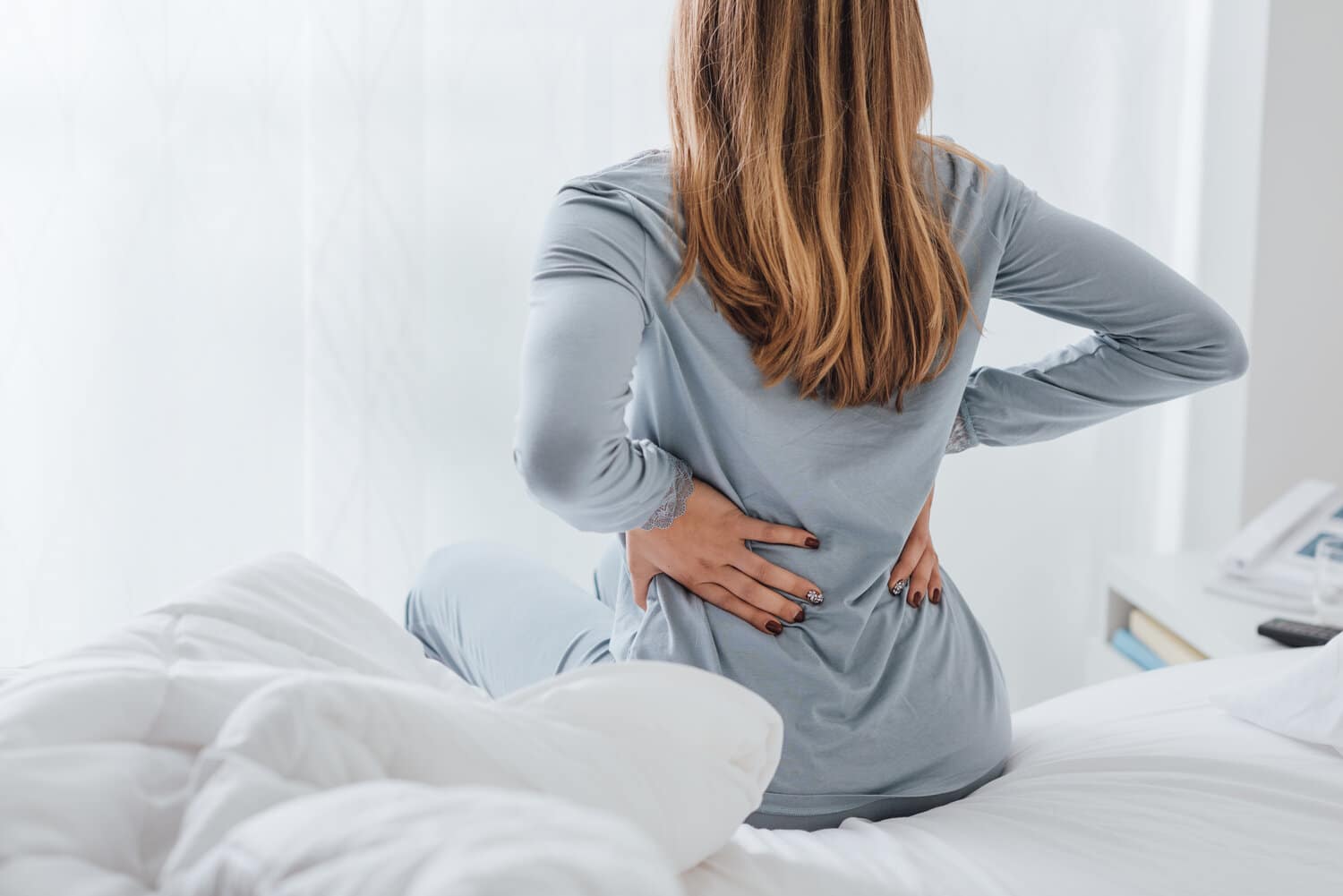



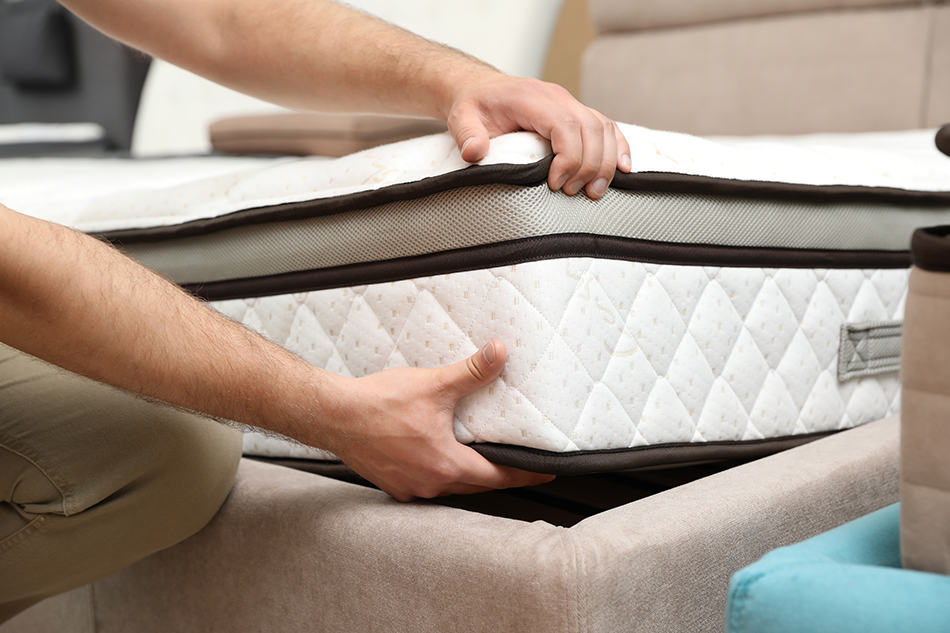


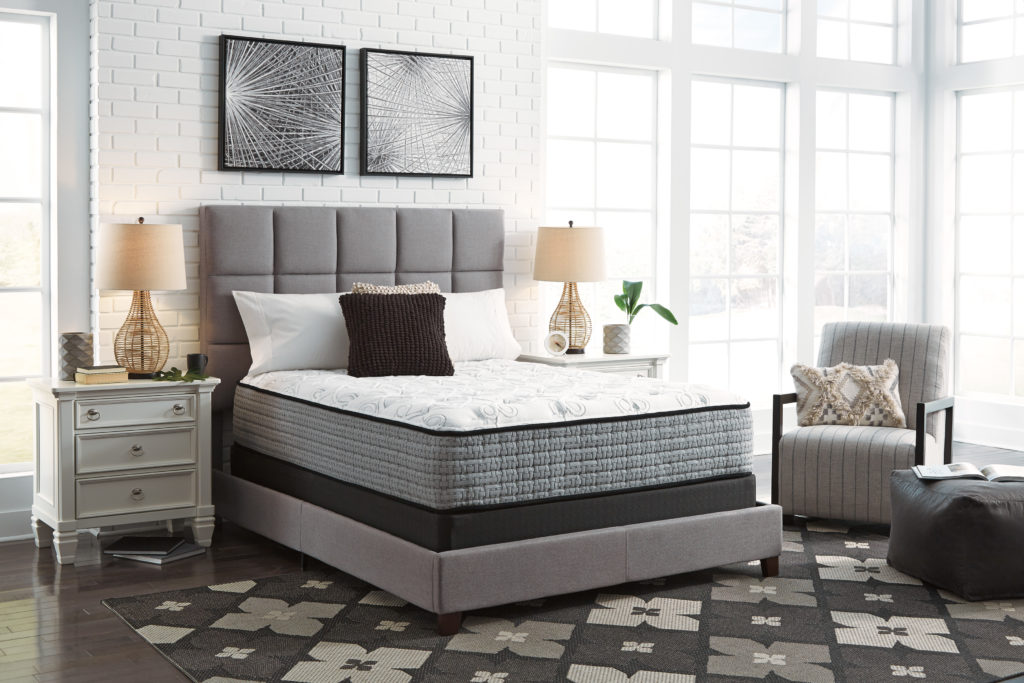


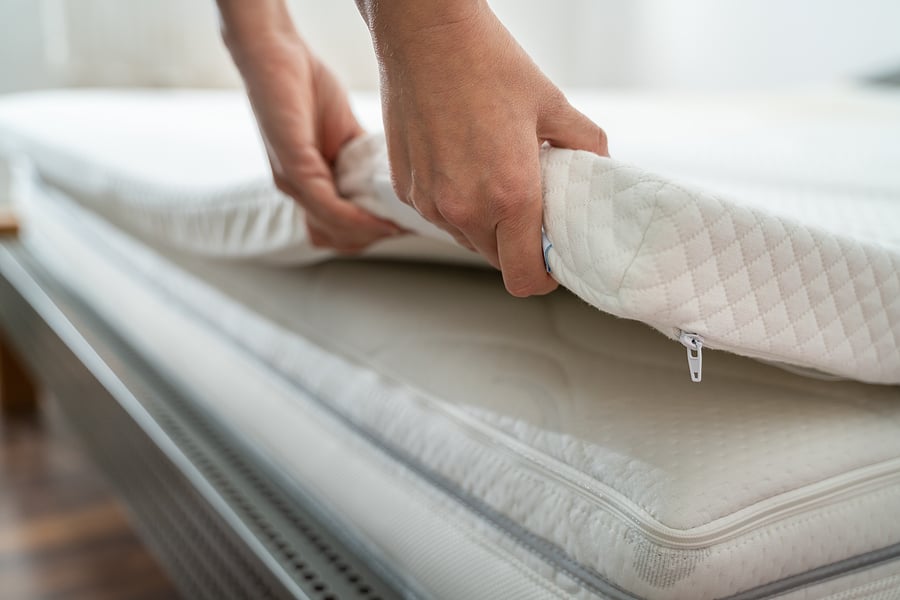





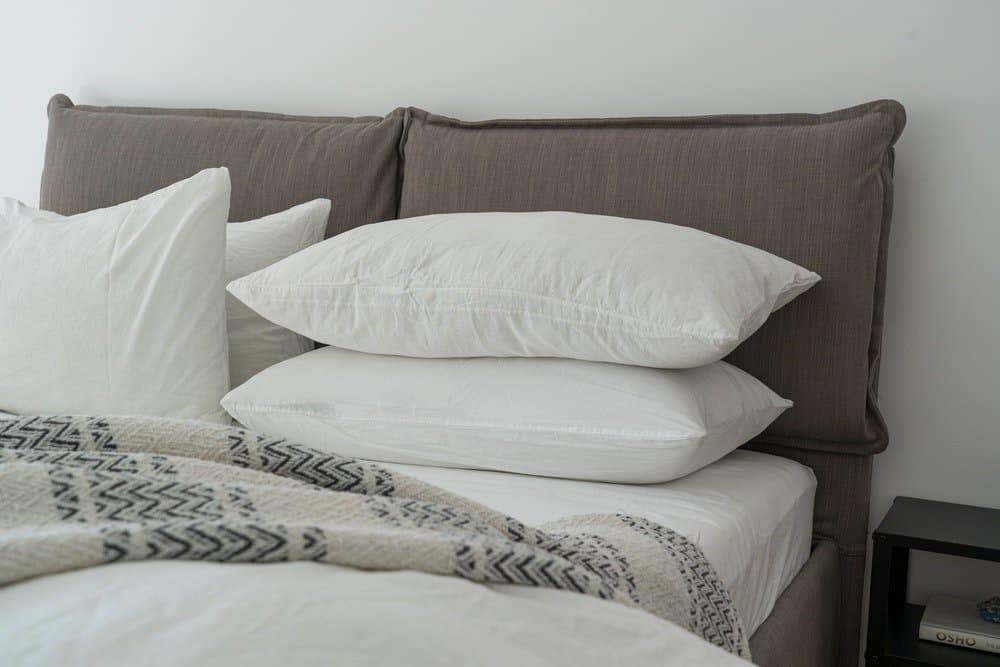






/GettyImages-183812306-56a4e8855f9b58b7d0d9d750.jpg)


:max_bytes(150000):strip_icc()/clean-your-mattress-the-natural-way-350742-14-5a99efe91be349449c3178993b367746.jpg)


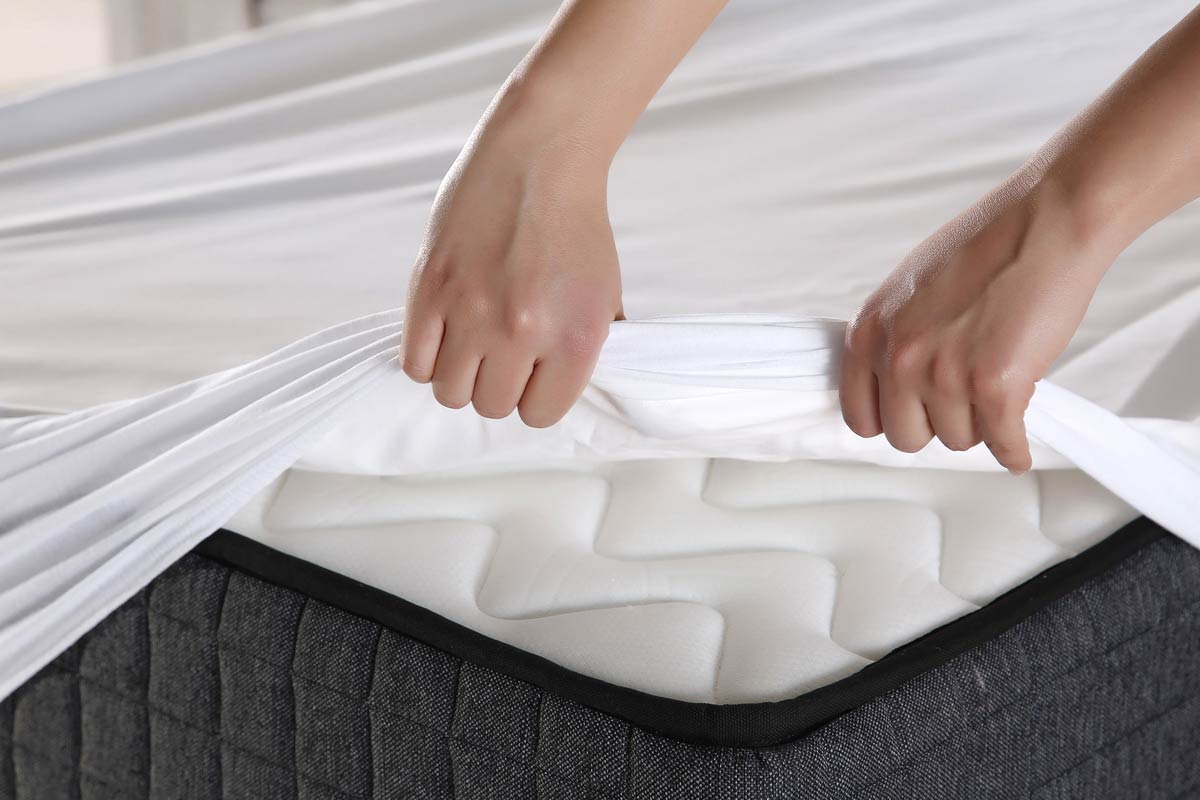
:max_bytes(150000):strip_icc()/clean-your-mattress-the-natural-way-350742-dd95404f7ac54f9b90f09045d9b4e98c.png)




/portrait-of-a-beautiful-woman-sleeping-926397960-13ee5bfb76f247d1ba5571f5613cb23e.jpg)


